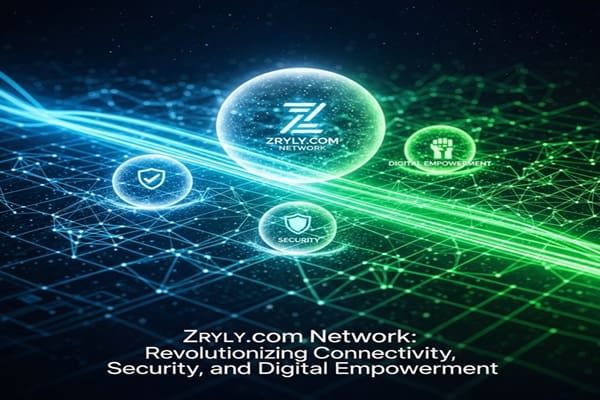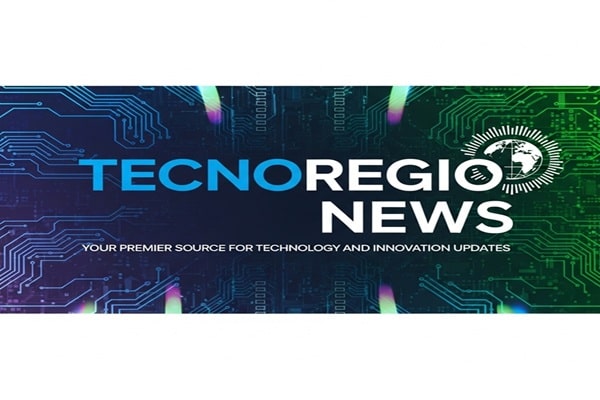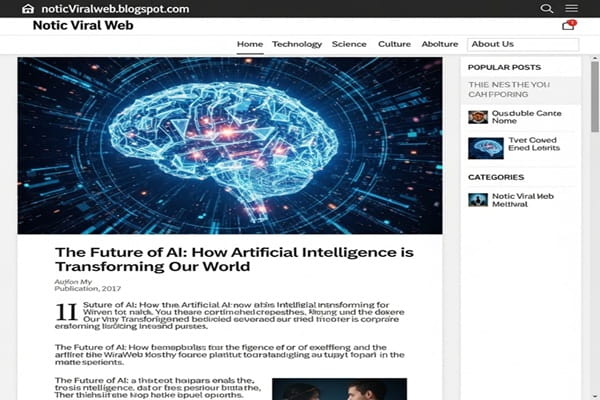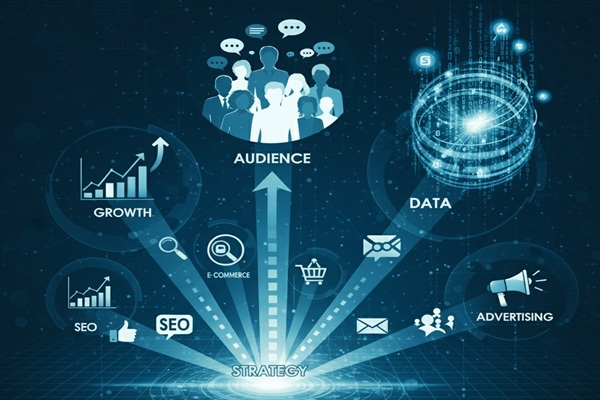The Employee-Centric Payday: How Payroll Innovation is Reshaping Workplace Satisfaction and Trust
Share your love
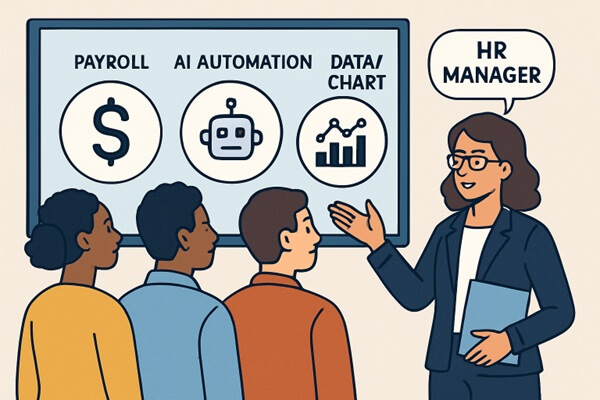
The Evolution of Payroll Systems
Payroll is no longer just about cutting paychecks, as it’s an essential part of the overall employee experience. As organizations seek to build stronger, more resilient workforces, modern payroll systems have become integral, offering crucial support for both HR teams and employees. This transformation is driven by technology and a renewed focus on employee satisfaction. Selecting a solution like ADP payroll and tax filing in Canada ensures companies manage compensation processes efficiently and offer transparency that employees value.
With advances in payroll platforms, the role of HR professionals has evolved from mere transactional specialists to strategic partners in the business. Employers who invest in modern payroll services are better equipped to attract and retain top talent, increase trust across their teams, and scale their business operations with confidence. As workplace expectations shift, a modern payroll system becomes a foundational pillar of the employee experience.
Enhancing Transparency and Trust
Trust between employers and employees flourishes when payroll processes are transparent. When workers understand their compensation, down to every deduction, benefit, and bonus, they can focus on their roles with confidence. Payroll transparency helps avoid pay-related misunderstandings and builds a sense of fairness, especially in global organizations where compliance and complexity are significant concerns. Clear payroll processes are among the top factors influencing employee engagement and retention in today’s workplace.
Transparency also reduces HR’s workload as employees have fewer questions about their pay or discrepancies. This shift empowers HR to focus on more strategic initiatives, such as talent development and workplace culture, rather than constant payroll clarifications.
Integration of AI and Automation
Automation and artificial intelligence (AI) are revolutionizing global payroll processes by improving accuracy, efficiency, and compliance. AI can spot anomalies, automate repetitive tasks, and help ensure that thousands of complex tax and labor code rules, from different jurisdictions, are correctly followed. This results in fewer payroll errors, more reliable payments, and significant time savings for HR professionals.
Today’s smart payroll systems also provide predictive analytics, transforming payroll operations from cost centers to strategic arms of the business. By freeing up HR and finance teams to analyze trends and patterns, organizations can make more informed, forward-thinking decisions. AI-driven payroll allows enterprises to proactively manage their workforce and respond to changing needs with agility.

Empowering Employees with Self-Service Portals
Modern payroll systems now commonly incorporate self-service portals, which are online platforms that allow employees to access and manage various payroll-related information at their own convenience. These portals provide immediate, secure access to essential data such as payroll records, tax documentation, and benefits information. This real-time visibility not only enhances transparency but also fosters a sense of control and empowerment among employees, who increasingly expect digital convenience and quick access to information in all aspects of their work lives. As a result, dependency on HR for routine payroll inquiries decreases, creating efficiencies for organizations. Employees can view, update, and correct their personal and payroll details on their schedule, leading to more accurate information and reducing the likelihood of errors. Additionally, this digital autonomy encourages employees to take responsibility for their data and benefits, which can lead to higher workplace satisfaction and engagement. For HR departments, self-service platforms streamline administrative processes, enabling staff to focus on more strategic tasks rather than handling repetitive queries. Overall, self-service payroll portals are becoming an integral part of modern HR management, supporting a more agile, transparent, and employee-centric workplace environment.
Personalized Payroll Experiences
One size does not fit all when it comes to compensation. Modern payroll systems support personalized experiences, offering features like on-demand pay and flexible payment schedules. These options cater to varying employee needs, such as gig workers, part-time staff, or those facing financial emergencies, helping foster loyalty and retain talent. Moreover, personalized payroll communications that clearly outline all elements of a compensation package, including bonuses and benefits, lead to greater engagement and satisfaction among team members.
Employers that prioritize personalization not only enhance well-being but also demonstrate a genuine commitment to employees’ unique circumstances, a quality that can set an organization apart in a competitive labor market.
Data-Driven Decision Making
The digital transformation of payroll has provided organizations with access to a wealth of rich data that is invaluable for strategic planning and decision-making. Analyzing payroll data can reveal important insights into various workforce trends such as employee performance, absenteeism rates, turnover levels, and potential compliance risks. Leaders and managers can rely on this detailed information to accurately forecast labor costs, make well-informed hiring and staffing decisions, and ensure adherence to regulatory requirements, thereby driving organizational agility and resilience as business needs and conditions evolve over time.
As payroll data is increasingly integrated with other HR analytics and comprehensive business intelligence platforms, it enables a more holistic and forward-looking approach to workforce management. Thoughtful, data-backed decisions, supported by real-time analytics and predictive modeling, position organizations to both effectively weather unexpected internal and external challenges and to seize new opportunities in an ever-changing and highly competitive market landscape.
Conclusion
Payroll technology has evolved significantly from its early days as merely an administrative chore. In today’s dynamic and competitive business environment, modern payroll systems serve as strategic tools that enhance transparency, foster trust, and empower both employees and employers. These advanced solutions play a crucial role in shaping a positive and engaging employee experience by providing accurate, timely information and seamless processing. By investing in comprehensive and robust payroll solutions such as ADP payroll services and tax filing in Canada, organizations can not only deliver undeniable value to their teams but also boost engagement, increase satisfaction, and build long-lasting relationships with their employees. Such investments create a solid foundation for sustainable future growth, resilience in the face of economic shifts, and continuous operational improvement.
